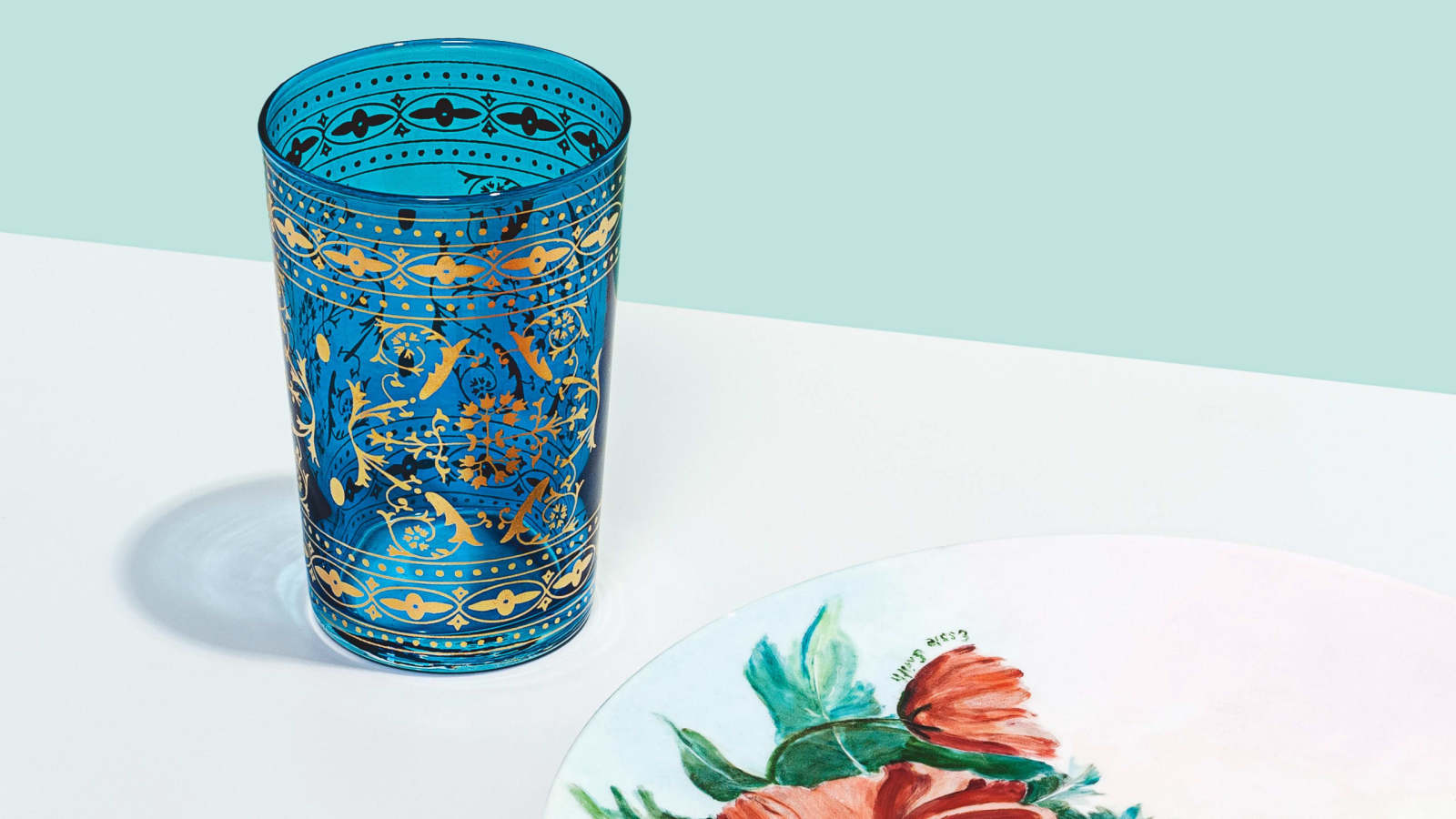What do you remember a loved one cooking for you?

When I asked author Tim Ferriss for a recipe from someone he loved who had died, Tim sent a simple bedtime tonic—apple cider vinegar, honey, hot water—which he prepares religiously. Every time the sweet-sour snap of steam hits his nose he thinks of one of his mentors, Dr. Seth Roberts, and his eyes begin to grow heavy.
Ferriss is perhaps the best-known self-experimenter of our time, synonymous with the concepts of biohacking and personal optimization. Many of his adventures take you down complex rabbit holes, but this simple concoction of three ingredients has proven to be the best curative for insomnia he has found and the most evocative of a relationship he held dear.
The trick with food is that the baroque, the overwrought is never the most memorable. If you ask people about their most memorable meal, and I have asked hundreds this simple question, you will never get a story about a dinner at NOMA or some other Michelin-starred restaurant.
M. F. K. Fisher wrote, “gastronomy is and always has been connected with its sister art of love.”
People remember meals where love was present. Our relationship to food shares a map with our personal history of friendship, fellowship, and love.
I am not just talking about romantic meals shared on the banks of the Seine; the table feeds off the boisterous love of friends and family. The table likes to overflow.
When we think about, make, and eat food that those who have died once made for us, it’s a form of remembrance that speaks to all our senses at once.
A bite of a doughy cinnamon bun, the crackle of latkes, the texture of a tender brisket, the scribbled notes in the margins of a stained cookbook—all are imprints of memory, of a relationship that, although perhaps not formed over food, unfolded with food as the witness.
When Jenna was fourteen her grandfather died of a stroke. On his last visit, as was his habit, he had filled Jenna’s family’s freezer with applesauce he’d made from the apples in his orchard. No one but Jenna really liked the applesauce—her siblings found the texture too chunky; her parents found the flavor too sweet.
Though a pretty self-obsessed fourteen-year-old, Jenna found it deeply meaningful that her grandfather was still able to nourish and care for her after his death. She rationed every last jar of that applesauce, which had been carefully marked in her grandfather’s hand with the date it was made. With each bite she imagined him peeling the apples with his arthritic hands, chopping, stirring, carefully jarring. She made all but one of those jars last until a year after he’d died.
The last jar of applesauce Jenna decided to leave. She didn’t want to know she was taking the last bite of something her grandfather had made. She doesn’t know what happened to that jar in the decades that have passed. But every fall Jenna collects apples, peels them with her daughters, slices them, and makes applesauce. And every fall she tells her daughters stories about her grandpa.
Excerpt from "Let's Talk About Death (Over Dinner)" courtesy of the author.
